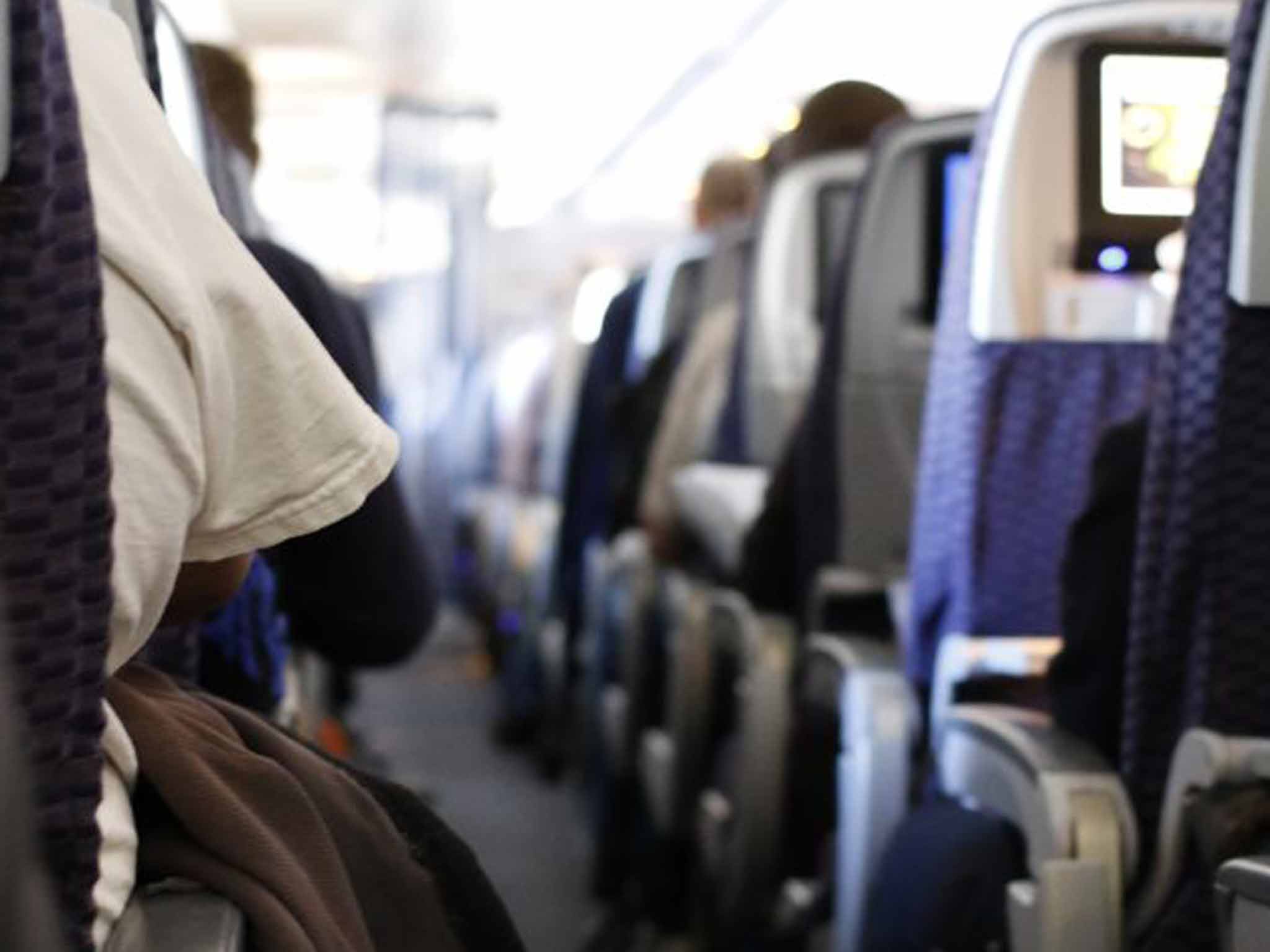Wifi hotspot with 'threatening name' grounds flight in Australia
Captain refuses to fly until device is brought to him

Your support helps us to tell the story
From reproductive rights to climate change to Big Tech, The Independent is on the ground when the story is developing. Whether it's investigating the financials of Elon Musk's pro-Trump PAC or producing our latest documentary, 'The A Word', which shines a light on the American women fighting for reproductive rights, we know how important it is to parse out the facts from the messaging.
At such a critical moment in US history, we need reporters on the ground. Your donation allows us to keep sending journalists to speak to both sides of the story.
The Independent is trusted by Americans across the entire political spectrum. And unlike many other quality news outlets, we choose not to lock Americans out of our reporting and analysis with paywalls. We believe quality journalism should be available to everyone, paid for by those who can afford it.
Your support makes all the difference.A worryingly named wifi hotspot caused 40 passengers to demand to be let off a plane before it took off in Australia.
The network, called "Mobile Detonation Device", was spotted by a passenger on a flight bound for Perth from Melbourne.
She alerted the crew and the captain - and security were so concerned by the name they told passengers the flight would have to be delayed.
John Vidler, who had been on the QF481 flight, said the captain broadcast a message saying the device needed to be found before lift-off.
"He said there was a device on the plane that had a name on it that he found threatening and that we were not leaving until that device was brought to him," he told the West Australian.
Yet he and about 40 other passengers were so worried by the incident they asked to be let off the flight.
Baggage had to be unloaded and the flight only set off some time later.
The incident took place amid global concern over the vulnerability of planes to terrorist attack.
In recent years, a Russian aeroplane which left Sharm el-Sheikh in Egypt exploded over the Sinai, killing all 224 people onboard in an attack claimed by Isis. Another plot to attack planes flying to America from Britain was discovered in 2009.
One passenger caused panic when he claimed to have a suicide belt as part of an attempt to divert a plane from Cairo to Cyprus so he could see his family in March this year.
Join our commenting forum
Join thought-provoking conversations, follow other Independent readers and see their replies
Comments